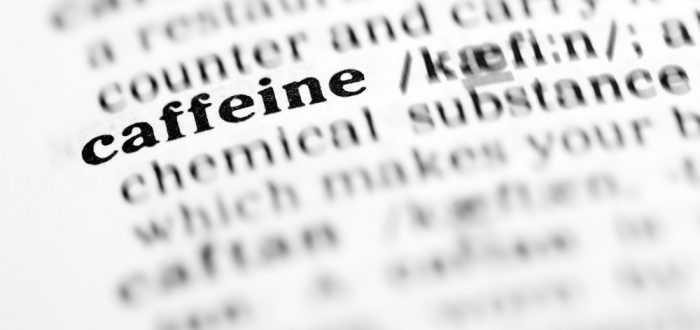Is a cup of coffee or an energy drink part of your daily routine? Do you enjoy other foods and drinks that contain caffeine on a regular basis? If so, you may not be aware that daily consumption of caffeine may prevent the recovery of temporary hearing damage – for example, hearing loss due to exposure to loud noise.
What Does the Research Say?
Research conducted at the McGill University Health Centre in Montreal, Quebec has shown that daily consumption of caffeine can impede the recovery of temporary hearing loss. People often experience temporary hearing loss or ringing in the ears after attending a loud rock concert, fireworks show or flying in an airplane. It is commonly referred to and known as Temporary Threshold Shift (TTS), and occurs when the delicate hair cells of the inner ear are overworked and become fatigued. Recovery from temporary hearing loss may vary; it can be anywhere from a few hours to as many as 72 hours before normal hearing returns.
So How Can Caffeine Affect Your Hearing?
As you probably already know, caffeine is a natural stimulant found in coffee, tea, chocolate and many energy drinks as well as some non-prescription cold and allergy medications and pain relievers. Caffeine is a central nervous system stimulant that affects your body in numerous ways. Studies have even indicated that caffeine may reduce the risk of certain cancers, such as liver, mouth and throat as well as type 2 diabetes, Parkinson’s disease and stroke. Unfortunately, when it comes to your hearing health, caffeine may not be so beneficial.
According to the research, caffeine from even one cup of coffee can prevent your hearing from returning to normal after a case of “Temporary Threshold Shift.” For a long time, researchers have suspected certain substances hindered the body’s ability to repair hearing. In the study published in April 2016 in the Journal of the American Medical Association (JAMA) Otorhinolaryngology Head and Neck Surgery, one group of guinea pigs were exposed to 110 decibels (dB) of sound, a level equivalent to the noise of most concerts. The other two groups were also exposed to 110 dB as well as the human equivalent of 25 mg of caffeine, an amount
found in an average cup of caffeinated tea or espresso. The result of the study found that those who were exposed to sound and caffeine never fully regained their hearing. That led the researchers to conclude that caffeine combined with TTS can lead to permanent hearing loss.
So does that mean you have to give up drinking coffee? Not necessarily. Fortunately, there are preventive measures you can take to protect your hearing, including:
- Try to limit your exposure to noisy environments. If you work in a noisy environment, talk to your supervisor about ways to reduce the sound level. According to the National Institute on Deafness and Other Communication Disorders (NIDCD), comfortable hearing levels at work are 60 dB or less.
- Be mindful of leisure activities where noise is a factor and take steps to minimize your ears’ exposure – for example, wear hearing protection such as earplugs to minimize the decibel level.
- If you do experience an episode of temporary hearing loss, avoid caffeine until your hearing recovers. While the research isn’t conclusive, “it is better to be safe than sorry.”
- Go see your local hearing care professional and have your hearing checked on an annual basis. Once a baseline has been established, your hearing care professional will work with you to make sure you’re hearing your best.
Consult with the Hearing Experts at Kenwood Hearing Center
If you still have questions or would like to learn more, contact us today and schedule an appointment. Whether you want to learn more about hearing loss or available treatment options, we are here to help you!
